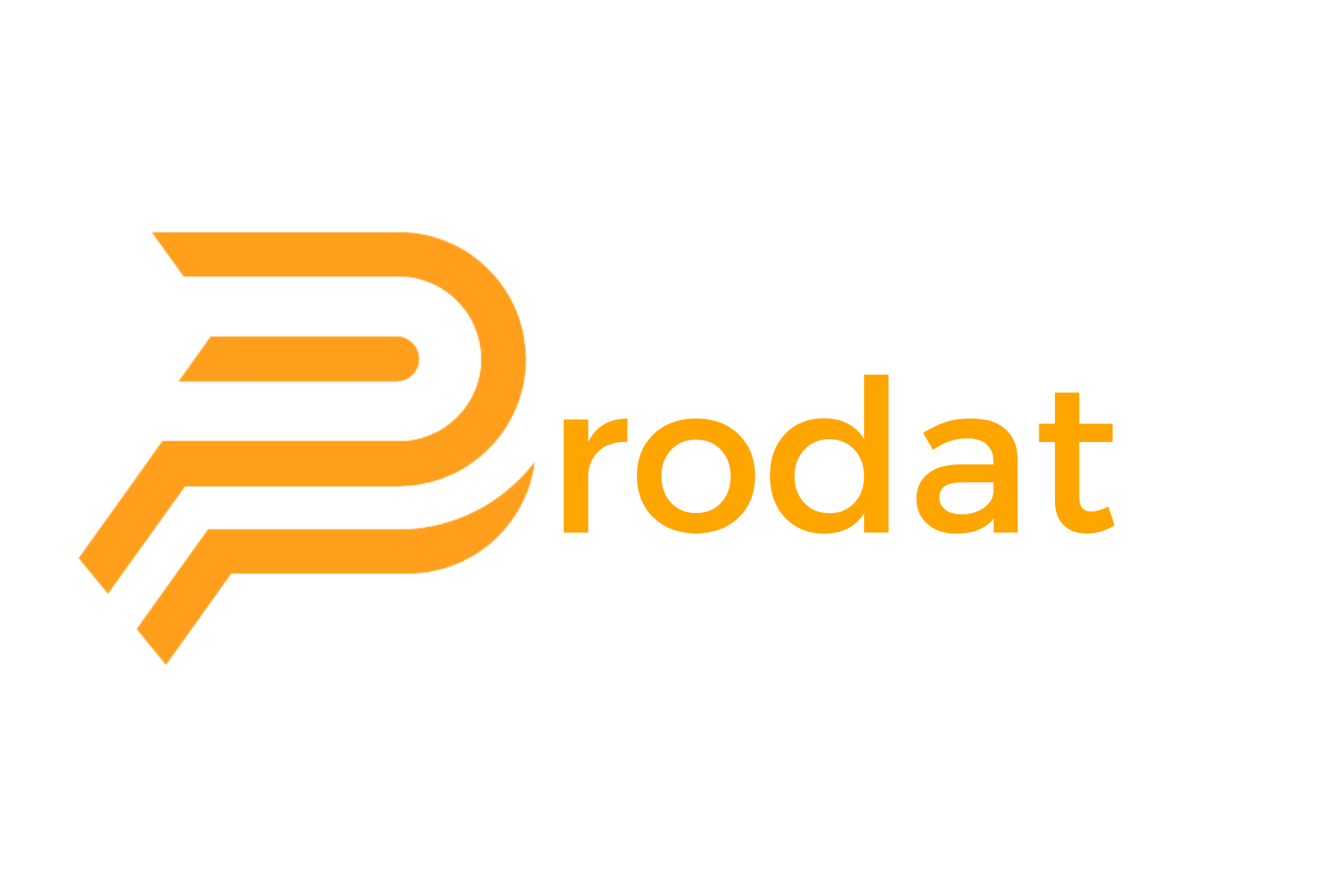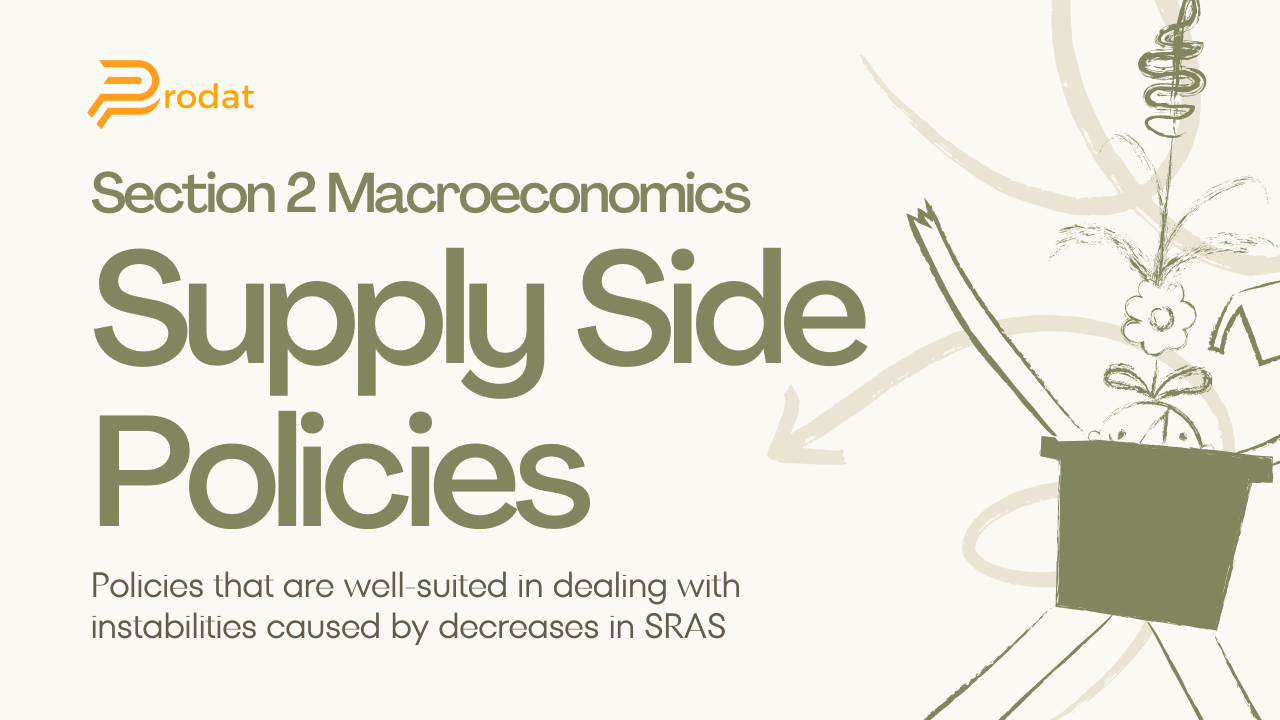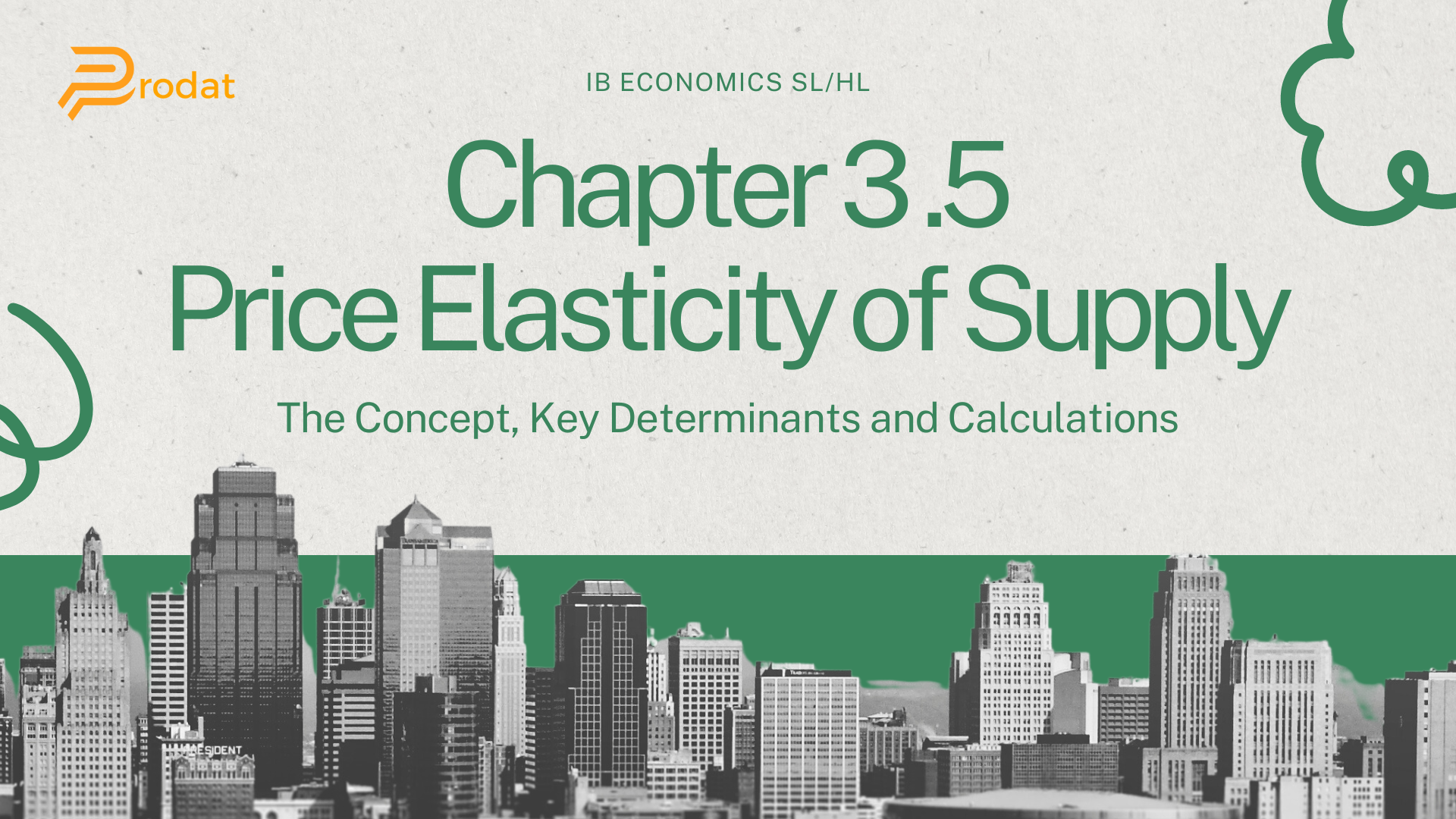What I have learnt/Would I recommend taking it?
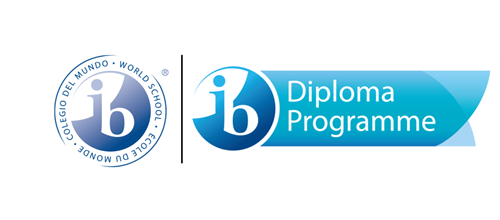
Before moving to IBDP Visual Arts, I was first a business management student for one month, in the beginning of grade eleven. If I am being completely honest, I had only taken it as it is a subject I am the most familiar with ever since ninth and tenth grade.

Of course, there are times where I would wonder about what could have happened if I were to stay in BM. Don’t get me wrong, there are times where I do find the subject fun and interesting to learn. But to be completely honest, I began loosing interest in the subject as time passes.
Interestingly enough, there was a time where I would go on a deep dive on certain business topics and note on how they would be helpful in different aspects of my career path, even if it wasn’t fully related to BM.
But for now, I will be showing some topics that I have learnt throughout my time as a BM student! (Please note: though topics may be similar, some notes are given differently).
A short collection of points of an introduction to BM (from my own personal recollection/notes):
Four Key Concepts in IB BM:
- Creativity
- Change
- Ethics
- Sustainability
The Five M’s of an Organization:
- Men
- Money
- Materials
- Methods
- Machinery
Two Types of Activities:
- Economic
- Non-Economic
Sectors of an Organization
- Primary
- Secondary
- Tertiary
- Quaternary
In the sectors of an organization, the primary and secondary sectors are related to the gathering and manufacturing of raw materials, whereas tertiary and quaternary of are related to providing goods that are manufactured by the secondary sector to the consumers or customers.
Business Plan
What is a business plan, you might be asking?
A business plan is a formal, written document which helps to reassure banks/financial lenders that the owner has done a comprehensive research on, as investors assess the business plan and take their decision regarding investment towards the plan. It also helps report on how a business will achieve its aims and objectives.
In the IB BM 2023 syllabus and paper pattern, business plan was introduced as a BMT Kit (Business Management Tool Kit).
There are aims and objectives in a business plan (as mentioned above). An aim is the long term goals for the business, whereas the objectives are the short term goals.
The Four Elements in a Business Plan
1. The Business
- Includes the name and address of the proposed business.
- The cost of the building and premises, as well as the start-up cost.
- Details regarding the owner(s)/members, as well as any past experiences of the members involved.
- The nature of the organization and the type of company.
- Goals and objectives of proposed business/project.
2. The Product
- Details of the goods and services that will be offered.
- The cost of the product (also known as selling price)
- Not only include the cost/selling price, but explain “why?” (Evidence for price fix)
- Details in where and how the production will take place.
- Details of the process of manufacturing.
- Details of suppliers and raw materials, cost of production and pricing strategies.
3. The Market
- Include the expected number/forecasted level of sales.
- Market segmentation (division of consumers according to the needs and requirements of the firm).
- Include the wow red market growth (data and future perspective).
- Analysis of Competitors (rivals/competitors).
4. The Finance
- Details on the sources of finance (how many, from where, etc).
- Break Even Analysis (no profit, no loss) (to find which point will be the break even).
- Includes the Cash Flow Forecast (prediction of flow of cash within/outside of the firm).
- Forecasted Profit and Loss account and the balance sheet.
- Forecasted rate of return for investors.
And that’s pretty much the summary of what I have learnt during my time as a BM student!
My final thoughts, as well as to answer the question in the beginning: Would I recommend taking BM as a subject? If I am being perfectly honest, go for it.
Though I do not learn BM anymore, I would highly recommend it as a way to expand skills and knowledge that can be helpful in real life situations, such as analyzing different sorts of problems and generating different solutions by applying the skills they have learnt.
Not only that, learning about the elements of BM can also help to express your creativity and ideas in many different ways and aspects, which can be helpful in any career path one chooses to pursue, even if it is (as I have mentioned above), not fully related to a business career path.
Pushing all that aside, if the BM course in the IB diploma programme looks like something up your alley and you’re thinking of giving it a chance? By all means, I wish you the best (and I genuinely and wholeheartedly mean that).
But genuinely speaking, I wholeheartedly cherish my short time as a BM student, as I have learnt a lot of things that has helped me in my real life situations and throughout my personal interests as well. And as I have said before, it is a subject I would recommend to anyone.
Wishing everyone in the IB Diploma Programme the best of luck! As always, we are rooting for you!
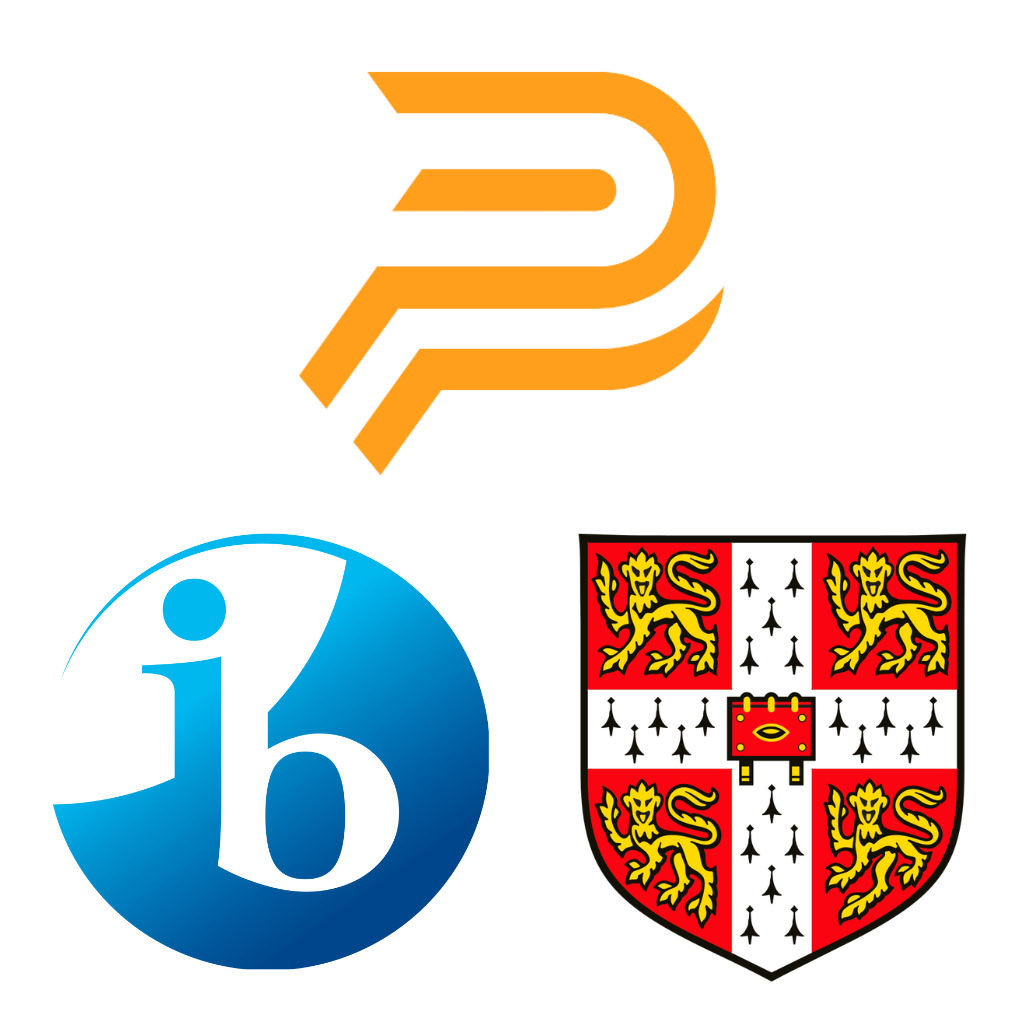
Want to find more tips surrounding IGCSE topics and past papers? Check out our other blogs here!
Want to read more blogs surrounding the IB Diploma Programme? Click the link here!
Resources used in the blog:
- https://www.pexels.com/photo/agreement-blur-business-close-up-261679/
- My old BM notes
- My friends’ BM notes
